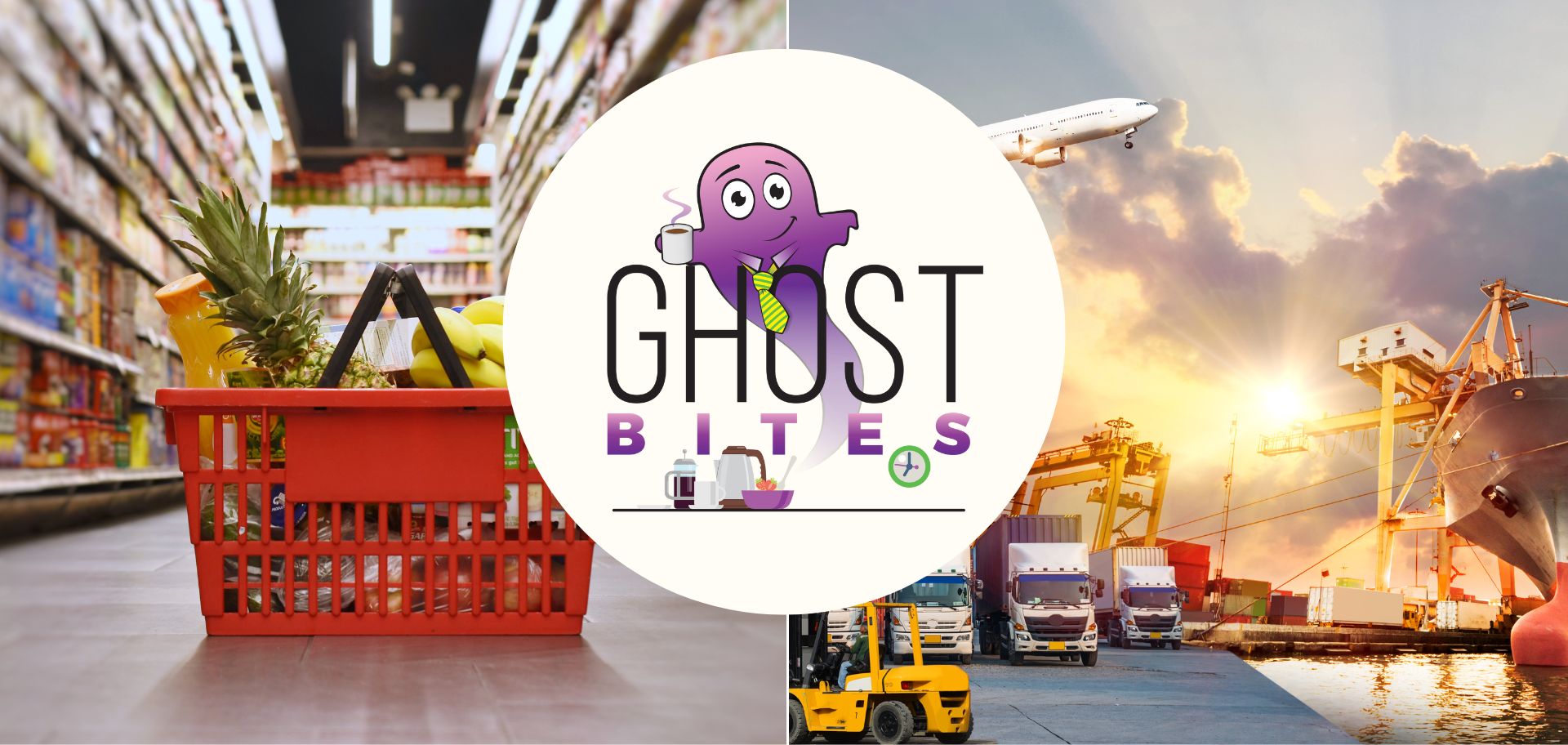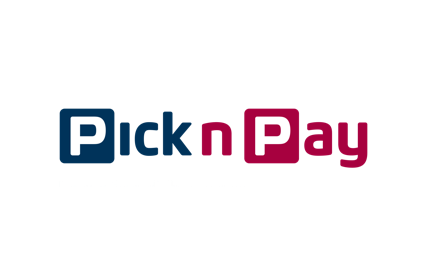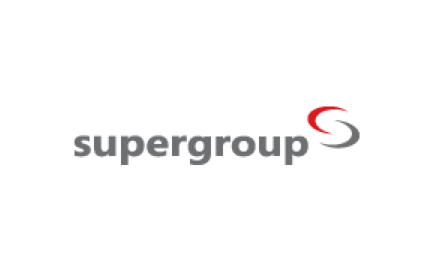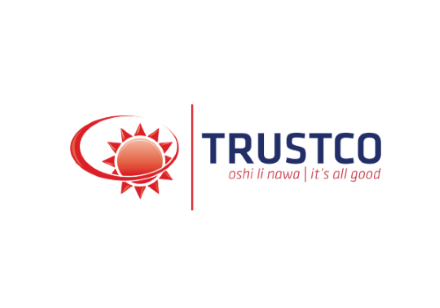Accelerate releases detailed results (JSE: APF)
Investors can now see why the distribution is a thing of the past
Property funds are supposed to pay dividends. When they don’t, there is much unhappiness and understandably so.
Accelerate Property Fund released results for the year ended March 2023 and they make for ugly reading. Distributable income has dropped from R210.5 million to R56.8 million, with the distribution itself dropping from 21.98 cents to absolutely nothing.
Decelerate Property Fund, more like it.
Metrics have really deteriorated, like interest cover down from 2.1x to 1.8x and loan-to-value down from 42.8% to 44.8%. The net asset value (NAV) has nosedived from R6.21 to R4.13.
The share price is 79 cents, so it still trades at a huge discount to NAV. As we’ve just seen though, the NAV can quickly diminish.
The group sold R146.7 million worth of assets in this period and has another R292.4 million held for sale. With discussions underway to restructure debt and reduce covenants on a temporary basis to give the balance sheet some breathing room, these disposals are important. Of total debt of R4.5 billion, a whopping R2.4 billion is short-term in nature.
This is a crunch year for Accelerate, which is why the distribution is gone.
Pick n Pay’s volumes have dropped sharply (JSE: PIK)
Grocery retail isn’t nearly as defensive as people think it is
I frequently write about the “defensiveness” of grocery retail, or the lack thereof. Yes, people need to eat. No, they don’t need to put fancy cheeses in the basket that carry a high margin. Instead, they can put baked beans in the basket that are on promotion, because every grocery retailer is fighting over the same base of consumers and their affordability challenges.
Pick n Pay has released a trading update for the 20 weeks ended 16 July 2023 that supports this view. Although there are rainbows among the clouds like Boxer and growth in the online business, the core Pick n Pay grocery business is taking pain.
At group level, sales for the first 4.5 months of the financial year were up 4.8%. South Africa grew 4.4% and Rest of Africa was up 15.9%.
Clothing in stand-alone stores grew 10.9%, which is solid. Group liquor was up 9.8%. Online jumped by 75.3%, showing how consumer preferences have shifted since the pandemic.
If we dig into South Africa though, Pick n Pay SA fell by 0.3%. The result was 0.0% on a like-for-like basis, with internal selling price inflation of 9.5%. This means that volumes fell by 9.5%! Although inflation was well below the Stats SA Food CPI of 13.2%, Pick n Pay notes that sales were impacted by less promotional activity in this period as they had to try and protect margin with pressures from load shedding. Diesel costs for generators for 4 months was R300 million, with incremental net energy costs of R165 million.
Conversely, Boxer managed to grow by 15.4%. The like-for-like growth was only 3.0%, so most of this was from new stores. Growth in volumes would’ve been negative as well.
The stores that have been upgraded under the Project Ekuseni programme are outperforming other stores, as one would hope. To help pay for it, the next phase of Project Future (a voluntary severance programme and a restructuring of junior store management) incurred a restructuring charge of around R250 million, with expected annual cost savings of R300 million.
Interestingly, Pick n Pay is putting debt back on the balance sheet. The group raised R5.5 billion of medium- and long-term facilities, a significant strategic shift from the deleveraging strategy a few years ago.
For the interim period ending in August, the net incremental energy cost for the period is expected to be R250 million. To add to the struggle in a period of heightened load shedding, there was R110 million in duplicated supply chain costs during the Longmeadow / Eastport handover and R250 million in Project Future restructuring costs, as noted above.
If you add that up, you get to R610 million. Profit before tax in the comparable period was R588 million, so Pick n Pay is going to report a headline loss in this period. The full-year result should be profitable, as the worst of the once-off costs are all being taken in the first six months.
Either way, this is a perfect example of why I’m not invested in local retailers in a load shedding environment.
Super Group is acquiring CBW Group (JSE: SPG)
This is a transport and logistics business in the UK
Super Group has announced the acquisition of a 78.82% stake in CBW Group in the UK, which trades as Amco. The deal value is £30.3 million, settled in cash. Existing management will retain the remaining 21.18% and will remain employed in the business, so that’s good for alignment.
Super Group has paid for the deal by raising a five-year corporate bond of R810 million. The announcement doesn’t give an indication of what the cost of this debt is.
Amco is a transport and logistics business in the UK. It has been around since 1983 and operates across 11 locations in the UK, with strategic hubs in Europe as well. The company services a number of sectors. Super Group likes this business because it complements the existing supply chain offering and provides opportunities for market share gains in the region.
The business generates EBITDA of £9.2 million and profit after tax of £6.65 million. If we scale up the purchase price to a 100% stake, it implies a value of £38.44 million for the entire business. That’s a Price/Earnings multiple of roughly 5.8x.
There are no outstanding conditions and the deal closed on the day it was announced i.e. 19 July 2023.
Little Bites:
- Director dealings:
- The CFO of Famous Brands (JSE: FBR) loves a bit of contracts for difference (CFD) trading in Famous Brands shares. His latest purchase is CFDs to the value of R871k.
- The company secretary of CMH (JSE: CMH) has sold shares worth R1.13 million.
- Trustco (JSE: TTO) has been trading under cautionary for a while. One of the potential transactions relates to a management fee with Next Capital. The other relates to the Meya asset in which a third party is looking at subscribing for shares. Trustco has been waiting for a ruling from the JSE on the categorisation of that deal. As a terms announcement will be coming soon, we can assume that it is a Category 2 deal (although the announcement doesn’t explicitly say that).











